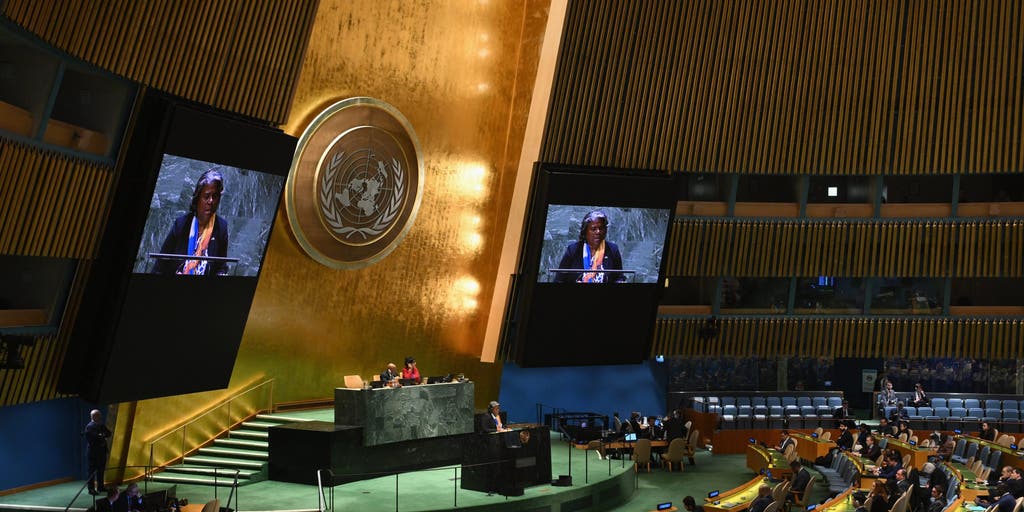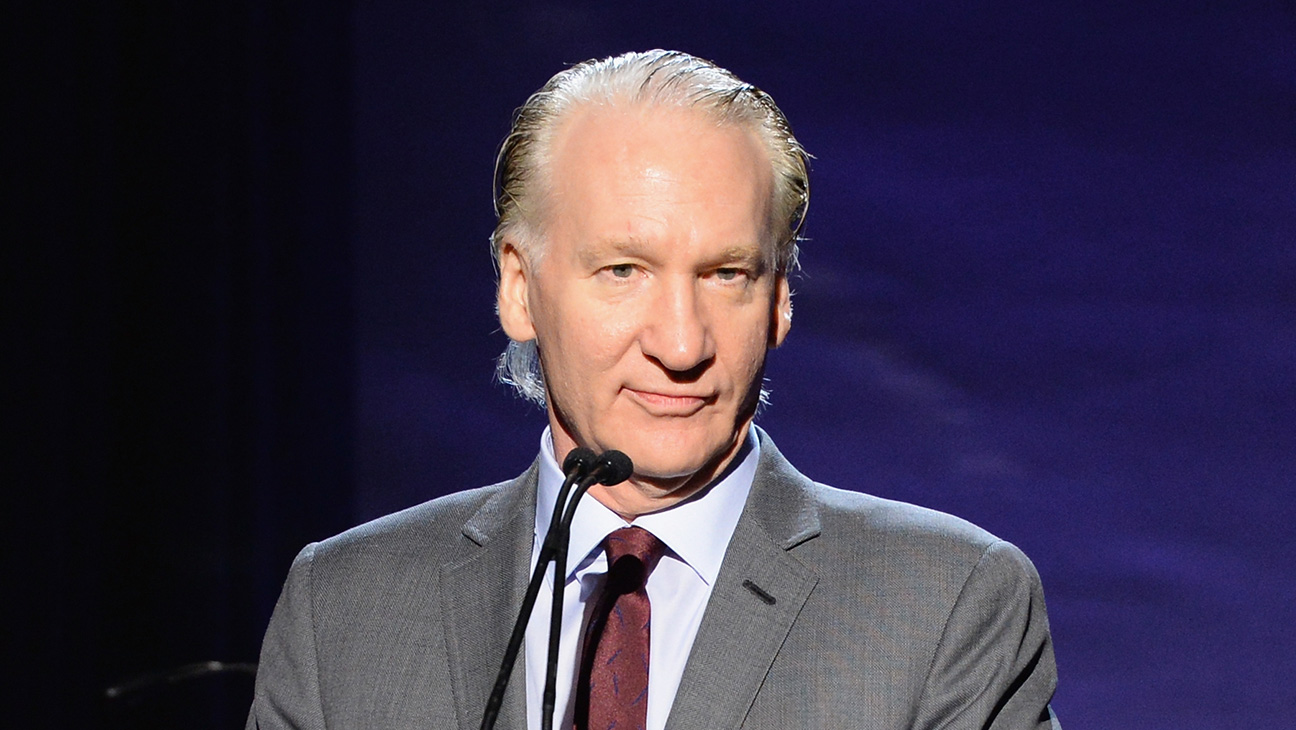More than 50 member states of the United Nations have partnered with the United States in an initiative to develop a draft resolution focused on establishing guidelines for the safety of artificial intelligence (AI).
U.S. Ambassador Linda Thomas-Greenfield presented a statement on Thursday regarding the draft named “Seizing the Opportunities of Safe, Secure, and Trustworthy Artificial Intelligence Systems for Sustainable Development,” with the aim of defining a collective vision for AI systems.
In her prepared speech, Thomas-Greenfield highlighted that the resolution urges Member States to encourage the adoption of secure and dependable AI systems to tackle various critical issues such as poverty alleviation, global health, food security, climate change, energy, and education.
She emphasized the importance of capacity building, enhancing digital literacy, and implementing other initiatives to bridge the gap in AI and digital access both within and between nations.
Is Google Too Broken To Be Fixed? Investors ‘Deeply Frustrated And Angry,’ Former Insider Warns
The escalating public interest in AI has propelled major international organizations to the forefront of AI policy discussions in 2023. Leaders from around the globe convened at the international safety summit in Bletchley Park, hosted by the U.K., to express their concerns and endorse a declaration.

On November 29, 2023, U.S. Ambassador to the United Nations Linda Thomas-Greenfield delivered a speech at a U.N. Security Council session addressing the Middle East situation and the Hamas-Israel conflict at the U.N. headquarters in New York City. (David Dee Delgado/Getty Images)
The signatories of the Bletchley Declaration, which included countries like the United States, the United Kingdom, China, Saudi Arabia, and members of the European Union, committed to establishing their own safety commissions and jointly pursuing a unified policy applicable to all nations.
Recently, the European Commission inaugurated its AI office, aiming for it to serve as a global benchmark for AI safety policy. Additionally, the EU introduced the E.U. AI Act, acclaimed as the world’s first comprehensive legislation on artificial intelligence.
Artificial Intelligence (AI): What Is It?
In a parallel effort, the United States established the U.S. Artificial Intelligence Safety Institute under the National Institute of Standards and Technology post the safety summit, with a focus on setting standards for the safety, security, and testing of AI models.
U.S. national security adviser Jake Sullivan stressed the necessity for a “truly global conversation on how to manage the implications of the rapidly advancing technology of AI” to shape international policies effectively.

During the AI Safety Summit held in Bletchley Park, England, on November 1, 2023, a declaration on artificial intelligence safety was issued. The agreement among 28 nations and the European Union underscored the need for a concerted global effort to ensure the safe and responsible development and utilization of AI. (Rory Arnold/No 10 Downing Street/Handout via Xinhua)
Approximately three months ago, the United States engaged with all 193 UN member states, incorporating feedback from about 120 nations and undergoing multiple draft revisions. The resolution is slated for official consideration later this month.
Thomas-Greenfield emphasized the critical and timely nature of responding collectively to this pivotal moment, citing urgent needs and promising opportunities for Member States.
Opinion: Here’s How AI Will Empower Citizens and Enhance Liberty
The proposed shared policy aligns with the 2030 Agenda for Sustainable Development, a U.N. initiative aimed at fostering universal peace and freedom. The agenda outlines objectives to eradicate poverty and hunger globally by 2030, emphasizing the importance of addressing inequalities within and between nations. Proponents of the new AI resolution, including the United States, contend that AI can play a crucial role in achieving these ambitious goals.
 On February 23, at the U.N. headquarters in New York City, Linda Thomas-Greenfield, the U.S. ambassador to the United Nations, delivered a speech at the meeting on the “temporarily occupied territories of Ukraine,” marking the second anniversary of the Russian invasion. (Angela Weiss/AFP via Getty Images)
On February 23, at the U.N. headquarters in New York City, Linda Thomas-Greenfield, the U.S. ambassador to the United Nations, delivered a speech at the meeting on the “temporarily occupied territories of Ukraine,” marking the second anniversary of the Russian invasion. (Angela Weiss/AFP via Getty Images)
The resolution aims to establish AI systems that are human-centric, reliable, explainable, ethical, inclusive, privacy-preserving, and responsible, with a focus on sustainable development and full compliance with human rights and international laws.
Support for the U.S. resolution extends to nations like Morocco, Peru, the United Arab Emirates, Dominican Republic, Australia, Romania, Israel, Canada, Finland, Greece, and other EU members.
The European Mission to the UN announced, “today the EU joined @USUN and 70 UN Member States to call for a UN General Assembly resolution on seizing the opportunities for safe, secure, and trustworthy artificial intelligence systems for sustainable development.” They urged all UN Member States to co-sponsor and support the adoption.
Australian Ambassador James Larsen, on the social media platform X, emphasized the necessity of safe and trustworthy AI systems to unlock the full potential of this emerging technology. Australia proudly co-sponsored the inaugural #UNGA resolution on Artificial Intelligence alongside 50 other UN member states.
The United Arab Emirates Mission to the United Nations echoed similar sentiments, acknowledging the imperative of responsible AI utilization and commending the collaborative efforts of member states in advancing the resolution.
This report was authored by The Associated Press.










